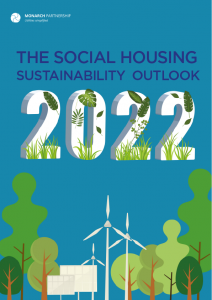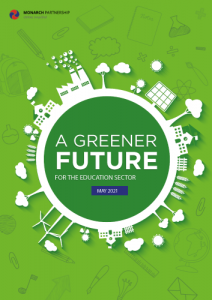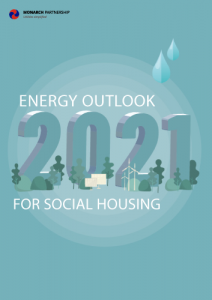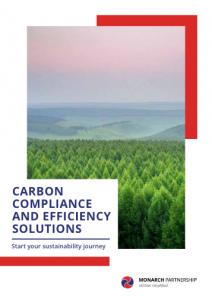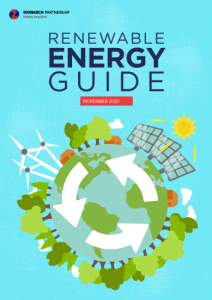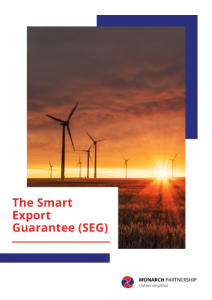This year, Earth Overshoot Day falls on 29 July. This marks a point in the year when humans have used up all the resources our planet can regenerate in a single year. As if this wasn’t alarming enough, Earth Overshoot Day has been creeping ever earlier since the initiative began back in 1986. Last year it was pushed back slightly, falling on 22 August. But, this year it falls on the same date as it did in 2019. This means that as Covid restrictions have lifted, we have quickly sprung back to our old, unsustainable ways.
What is Earth Overshoot Day?
The concept behind Earth Overshoot Day is a simple one. Think of it like ecological credit, or a biocapacity overdraft. Essentially, the planet has given us a spending limit, and we are living beyond our means. Each year when funds are running low, we whip out a credit card, draining our bank of natural resources. Unfortunately, as with finance, we are only eating into future capital. And, if we are not careful, we will end up bankrupt.
Our consumption is outstripping the planet’s precious resources at 1.75 times the rate they can regenerate. If the whole world’s population currently lived as extravagant a lifestyle as the UK, we would need 2.7 Earths to support our consumption. The UK alone needs four UKs to support our population’s demand.
How is it calculated?
Earth Overshoot Day is calculated by dividing the world’s biocapacity (the amount of resources generated by Earth) by the world’s ecological footprint (human consumption of these resources for that year). It is then multiplied by the number of days in the year.
Earth Overshoot Day is based on the entire planet’s consumption, but it is also broken down for individual countries. The UK’s Overshoot Day fell in the first half of the year, on 19th May.
How is Monarch helping to #movethedate?
One of our Carbon Consultants, Stephanie Strange, plays a pivotal role in helping our clients become more sustainable. We asked her what part she, and Monarch Partnership as a whole, plays in protecting our natural resources.
“In my eyes, Monarch is employed by our clients to assist and provide the information that they do not have. I have a responsibility to guide our clients through this new green circular age, so even if the education I provide only changes the approach of half our clients’ procurement of utilities, I see that as a step in the right direction – towards the protection and regeneration of our planet’s natural resources, and pushing back Earth Overshoot Day.”
When it comes to environmentalism, Stephanie’s drive goes beyond professional responsibility.
“I come from a background in marine biology so I am well aware of how rapidly our ecosystem is deteriorating,” says Stephanie, “I could have chosen to do something for our earth by conserving our oceans on a remote island, but that is only impacting on a comparatively small scale.
“However, working here at Monarch, I have the opportunity to target a range of client’s portfolios, to help educate and support them towards the transition to a more circular future on a wider scale.”
When it comes to how we can #movethedate, Stephanie says, “Firstly, you must identify the kinds of resources that are contributing to such an early Overshoot Day this year and how much of these you are consuming, only from there can you benchmark that data to make targets moving forward.
“Then the key is reducing consumption, and that all starts with being efficient with our use of resources. The building efficiency of the UK is one of the lowest across Europe, so I see it as a priority. Our clients employ our energy audits to identify areas in which they can improve and to let us help them make those savings. Waste, too, with our partner ESS is something that should be reviewed to ensure our waste is being responsibly dealt with, not being shipped off to Asia to deal with.
“Next, is looking at where you get your consumption supply, whether it’s electricity or gas. Green electricity is now being offered cost neutral from certain suppliers. Contracting some of my own clients to cost neutral green, I have seen as one of those small wins on a larger scale. In addition, on-site generation is a great way to get that price certainty, from opportunities like solar PV, to ground source heat pumps, there is always something to be explored.”
To learn more about how we can make your organisation more sustainable, contact us at Monarch today.








